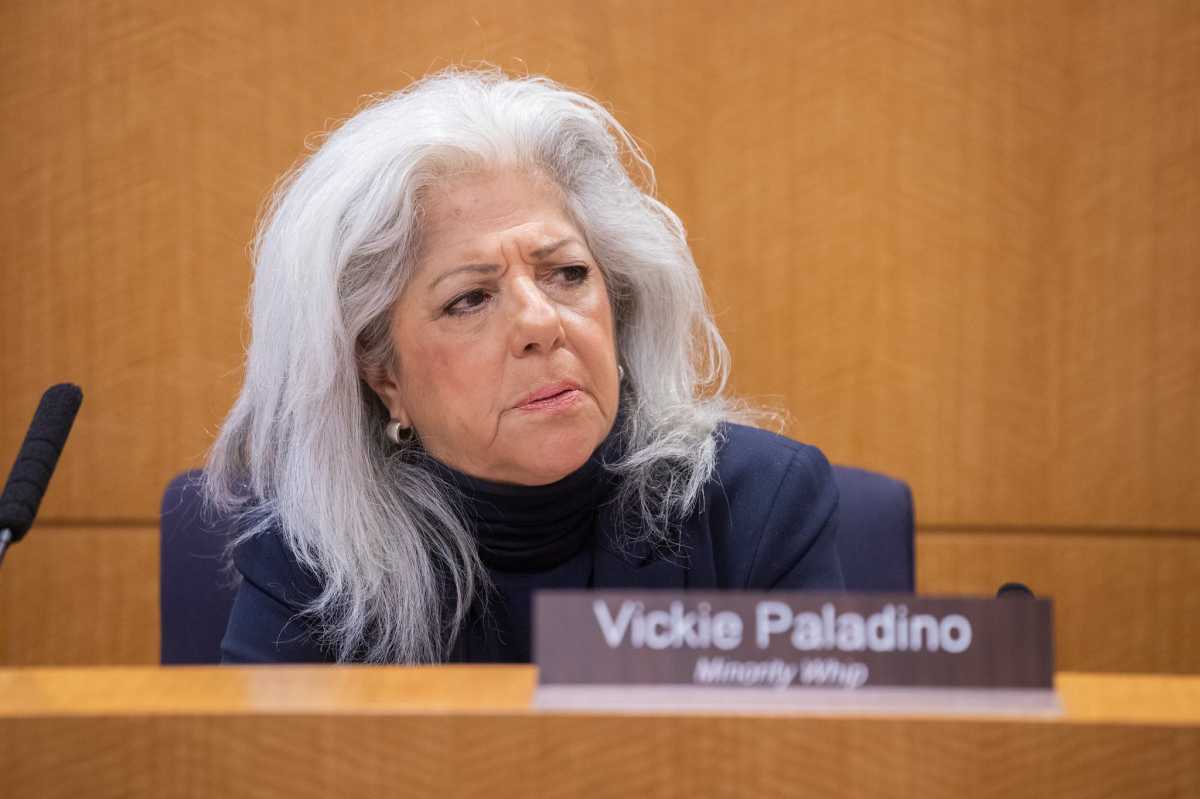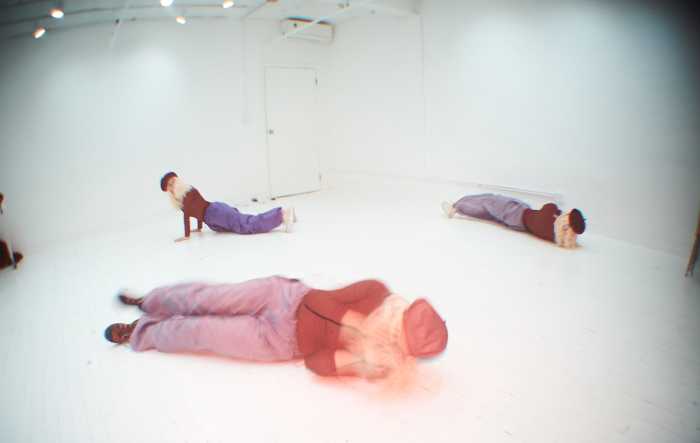By Dustin Brown
A well-regarded Astoria non-profit organization is coming under fire from a union that contends its managers are using intimidation and hostility to thwart the labor group's bid to organize employees.
Quality Services for the Autism Community, or QSAC, was among many organizations honored April 27 when Shea Stadium celebrated Autism Day during a Mets game.
But activists with Civil Service Employees Association Local 100 capitalized on the spotlight the event cast on QSAC to broadcast their ongoing labor dispute with the organization's management, which they contend is hindering their efforts to form a union.
“All we are saying is these workers have a right to choose whether they're in a union or not, free of intimidation,” said Paul Frank, an organizer with the CSEA, which has been campaigning for the past four or five months. “The employer has been hostile and has not been willing to even sit down with us to discuss a fair process.”
Gary Maffei, QSAC's longtime executive director, balked at the prospect of his employees coming under a union's authority.
“I believe an open workplace is a better workplace,” Maffei said in a phone interview Monday. “The union is a great equalizer. Under a union contract I would have to treat my best employee the same as my worst employee, and that's not a good system.”
For their part, organizers describe unionization as a means of redressing a litany of problems they claim plagues QSAC, such as short staffing, arbitrary dismissals, favoritism, and problems with the allocation of food and medical supplies – points that Maffei flatly denies.
“I would welcome anybody to come and view our facilities and make up their own minds,” Maffei said.
Headquartered at 30-10 38th St. in Astoria, QSAC employs about 600 people to provide services for individuals with autism. It is funded for the most part by the state Office of Mental Retardation and Developmental Disabilities. The organization is currently observing its 25th anniversary.
Maffei said he supports his employees' right to decide whether to form a union and to that end he petitioned the National Labor Relations Board on March 24 for permission to hold a secret ballot.
But the board dismissed the petition a week later because QSAC could not provide evidence of sufficient interest in unionization, said John Walsh, the assistant regional director with the board.
Frank said the union, which formed an organizing committee called QCARE – Quality Care Advocates for the Rights of Employees – would refuse to support QSAC's bid for an election until it can sit down privately with management.
“If you and I go to the voting booth and we are concerned that if we vote a certain way we'll lose our jobs or be intimidated, that's not a fair election,” Frank said. “Until we can come to an agreement with QSAC that they will abide by the law and allow people to choose freely, then an election is not a fair process.”
Maffei said he scheduled a Tuesday meeting with the union, but organizers responded that the planned meeting did not meet their demands because Maffei had invited employees and public officials.
“You can't have an open meeting when people feel they'll be retaliated against for showing up,” Frank said. “Before you have a meeting like that you must set ground rules that are fair where people feel safe at such a meeting.”
The National Labor Relations Board is investigating an unfair labor practice charge claiming that QSAC suspended and discharged employees because of their union support.
Meanwhile, a complaint lodged with state Attorney General Eliot Spitzer alleges QSAC has defied the federal Fair Labor Standards Act by failing to pay overtime to many employees.
Maffei responded that QSAC last year paid $60,000 in overtime and $13,000 in double time to 150 people. “That's a far cry from not paying people a dime in years,” he said.
Maffei said the union was fabricating complaints to create a basis for organizing and characterized the union's campaign as an effort to increase its own power base.
“The state has a shrinking work force so therefore they have less civil servants to unionize. They're kind of maxed out,” Maffei said. “Therefore, they have to turn their attention on other pools of people to go unionize. That's why they're here. QSAC would represent about $150,000 a year every year in union dues.”
Reach reporter Dustin Brown by e-mail at Timesledger@aol.com or call 718-229-0300, Ext. 154.

































